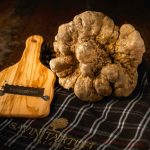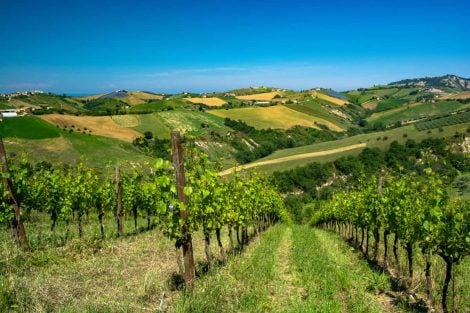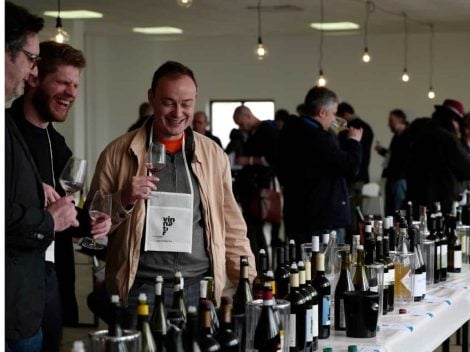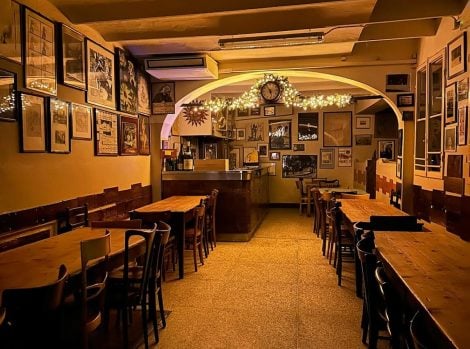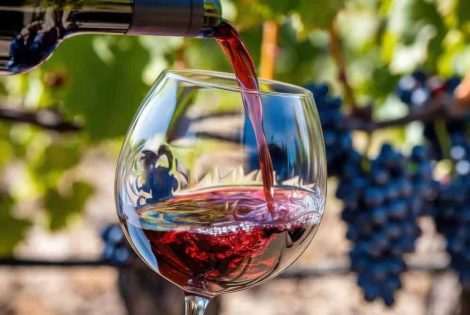There 's nothing like travelling along the Via Emilia to capture the many regional wine-making areas that change drastically from Province to Province, from the Colli Piacentini to the Bologna province, by way of the vast lands of Lambrusco.
Tre Bicchieri 2020 Emilia Romagna. Emilia
If Bologna is now very popular in the production of Pignoletto, in all possible variants, with sub-areas and a widening of the denomination, in Piacenza and surroundings, the most interesting signs come mostly from the Malvasia di Candia aromatica and from Metodo Classico, which should not be surprising, given the territorial contiguity with Oltrepò Pavese. As for Gutturnio, as long as the sparkling, more traditional, and the non-sparkling version coexist, each capable of giving rather interesting results, it will be difficult to promote it effectively, all the more so given the chronic inaction of the Consortium.
Wine-making moves in random order on the Colli di Parma, combining international vines with native ones, with some virtuous wineries yet with the absence of an overall vision.
This overall vision certainly is however present in the Lambrusco area, in Reggio Emilia and, above all, in Modena, where the Sorbara––albeit in a year that is not as fortunate as 2018––plays a starring role, bringing in agreement both the great wineries and the smaller family ones.
Tre Bicchieri 2020 Emilia Romagna. Romagna
Dialectics and complementary equality between different wineries, especially in regards to numbers and size, is obviously also the characteristic of Romagna. Large groups go arm in arm with medium-small wineries, sometimes minuscule, able to draw together an overall picture in dashing colours, in a positive evolution on each front.
We are in one of the undisputed kingdoms of Sangiovese, it's therefore understandable why many ideas and energies have turned to this great variety, for some years now. So much so that a detailed map of geographical references had been codified in the region, and claimed by some of the most interesting producers around. Map aside, it's increasingly easier, glass in hand, to trace territorial routes and significant deviations, starting obviously from a solid common base.
There are many other varieties in which the region engages, between recently rare and almost forgotten native grapes, and great international varieties. Honourable mention goes to white grapes, that are increasingly considered, including the widespread albana and the intriguing rebola.
Tre Bicchieri 2020 Emilia Romagna. The awarded wines
Callas Malvasia 2017 - Monte delle Vigne
Lambrusco di Sorbara del Fondatore 2018 - Cleto Chiarli Tenute Agricole
Lambrusco di Sorbara Leclisse 2018 - Alberto Paltrinieri
Lambrusco di Sorbara V. del Cristo 2018 - Cavicchioli
Reggiano Lambrusco Brut Cadelvento Rosé 2018 - Venturini Baldini
Reggiano Lambrusco Concerto 2018 - Ermete Medici & Figli
Romagna Albana Secco Vitalba 2018 - Tre Monti
Romagna Sangiovese Predappio Il Sangiovese 2018 - Noelia Ricci
Romagna Sangiovese Predappio Le Lucciole Ris. 2016 - Chiara Condello
Romagna Sangiovese Sup. Avi Ris. 2016 - San Patrignano
Romagna Sangiovese Sup. Predappio di Predappio V. del Generale Ris. 2016 - Fattoria Nicolucci
Romagna Sangiovese Sup. Primo Segno 2017 - Villa Venti
Romagna Sangiovese Sup. Tre Miracoli 2018 - Le Rocche Malatestiane

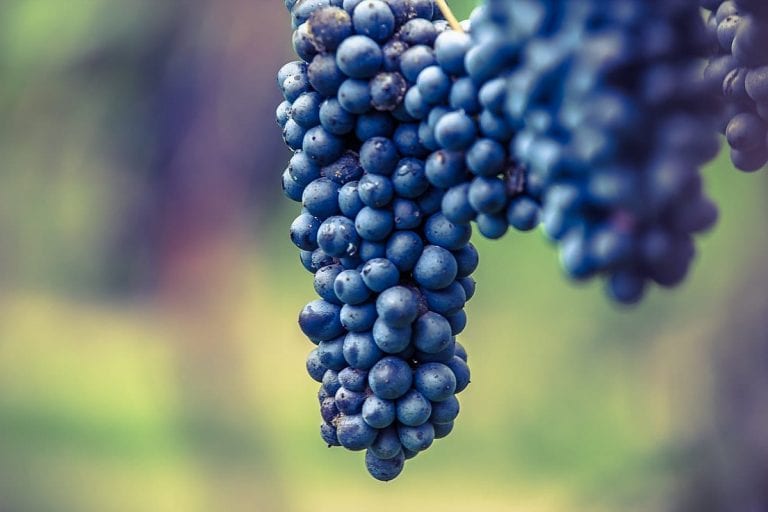
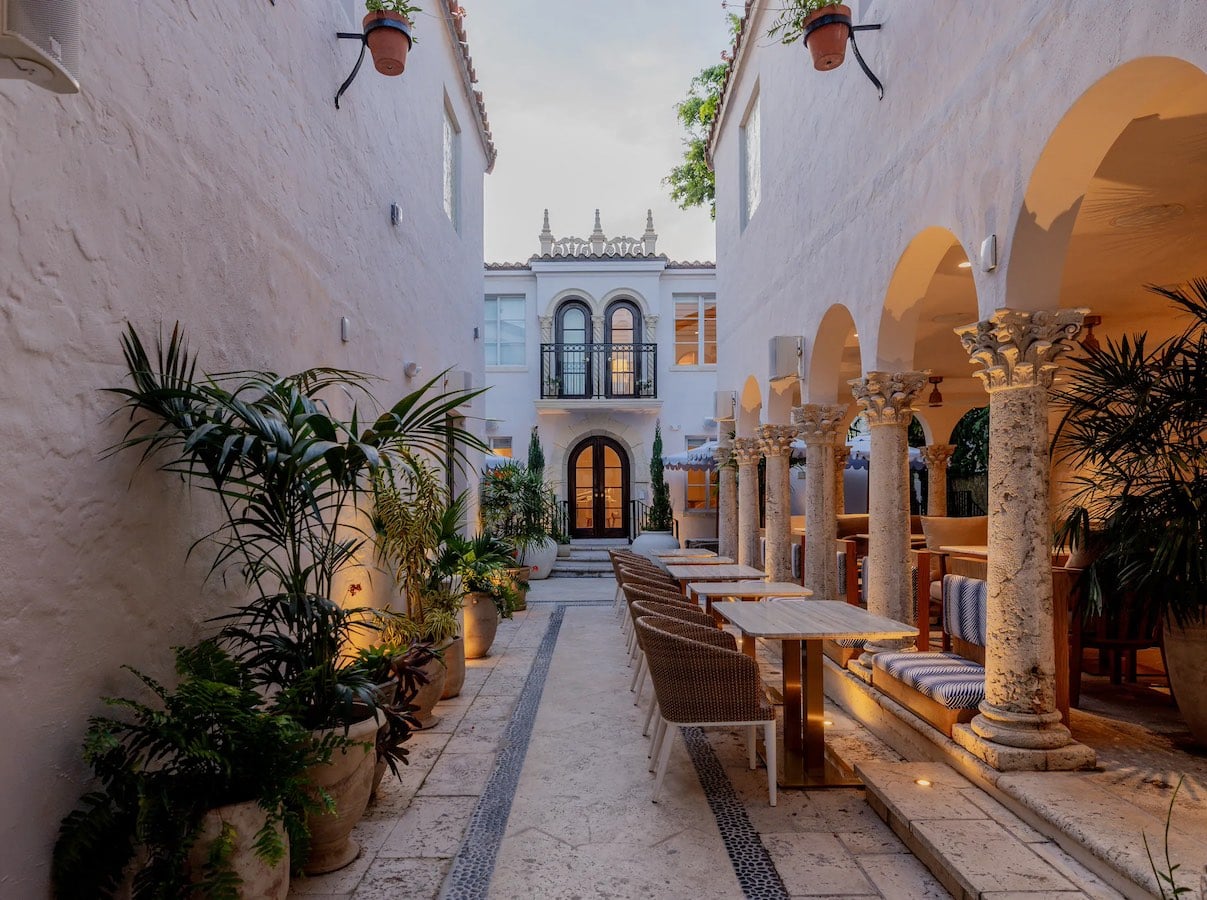 Versace opens a super hotel with an Italian restaurant. Here's what Donatella Hotel & Restaurant in Miami will be like
Versace opens a super hotel with an Italian restaurant. Here's what Donatella Hotel & Restaurant in Miami will be like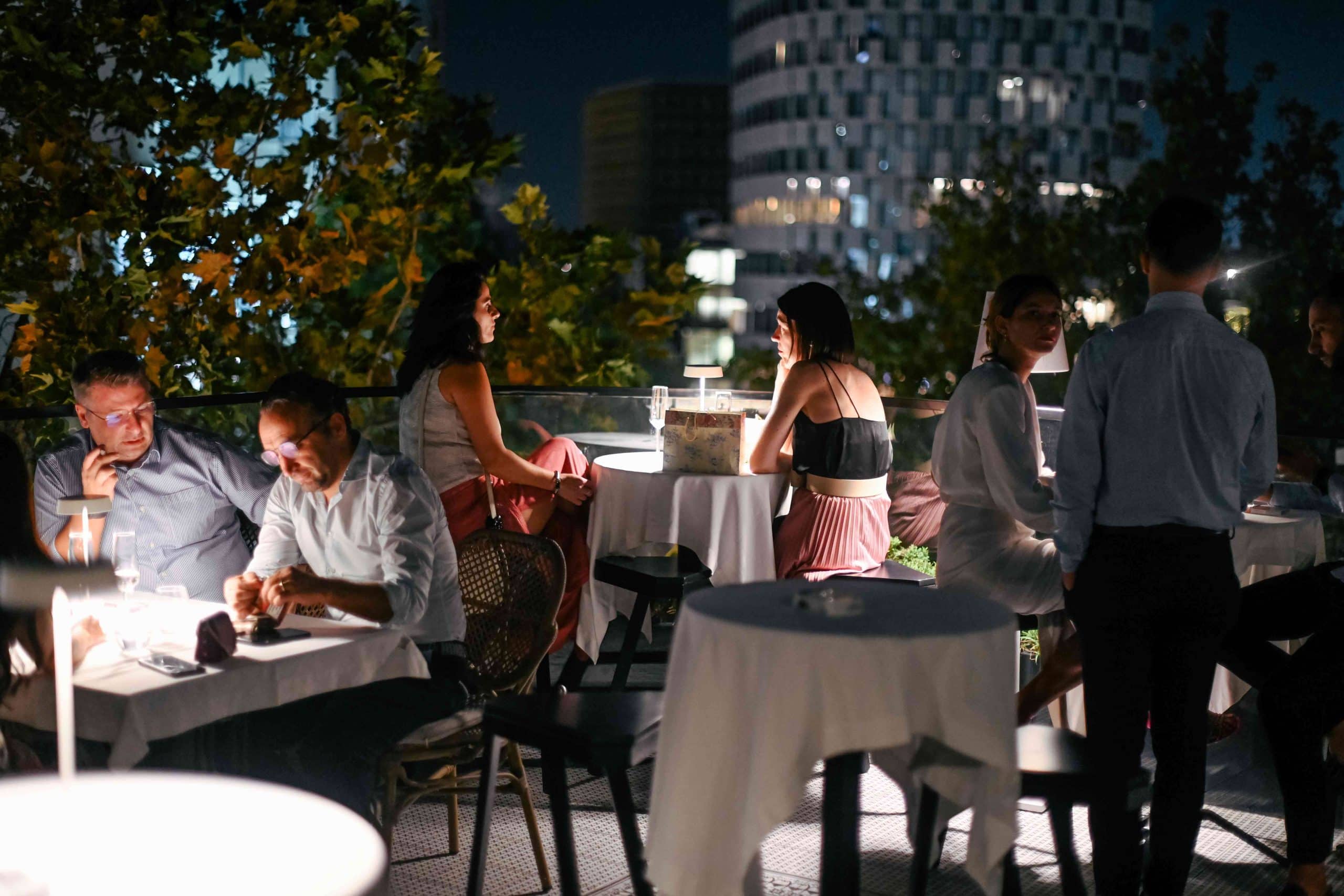 At The Crown Tirana, service and quality at the highest levels
At The Crown Tirana, service and quality at the highest levels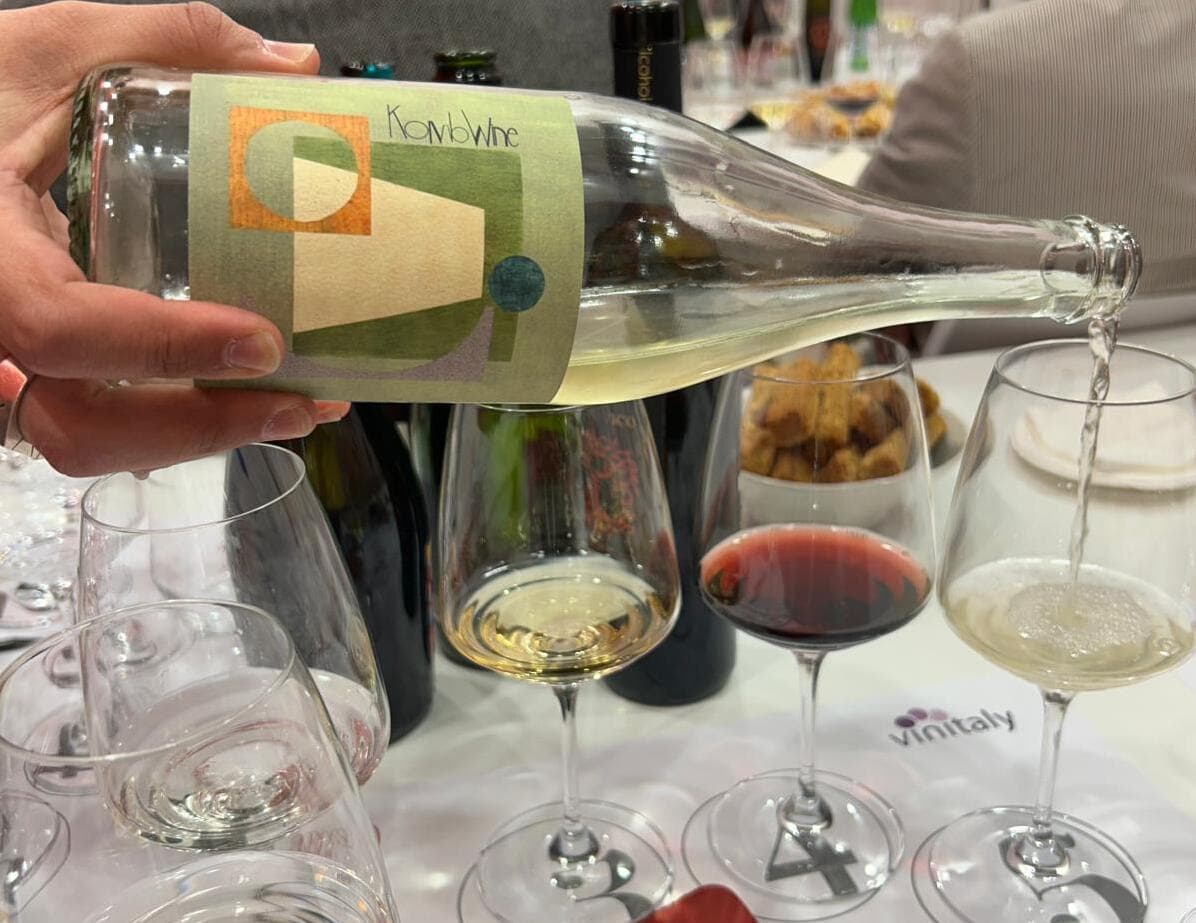 We tasted Komb(w)ine, the new product that combines grape must and kombucha. Here’s our verdict
We tasted Komb(w)ine, the new product that combines grape must and kombucha. Here’s our verdict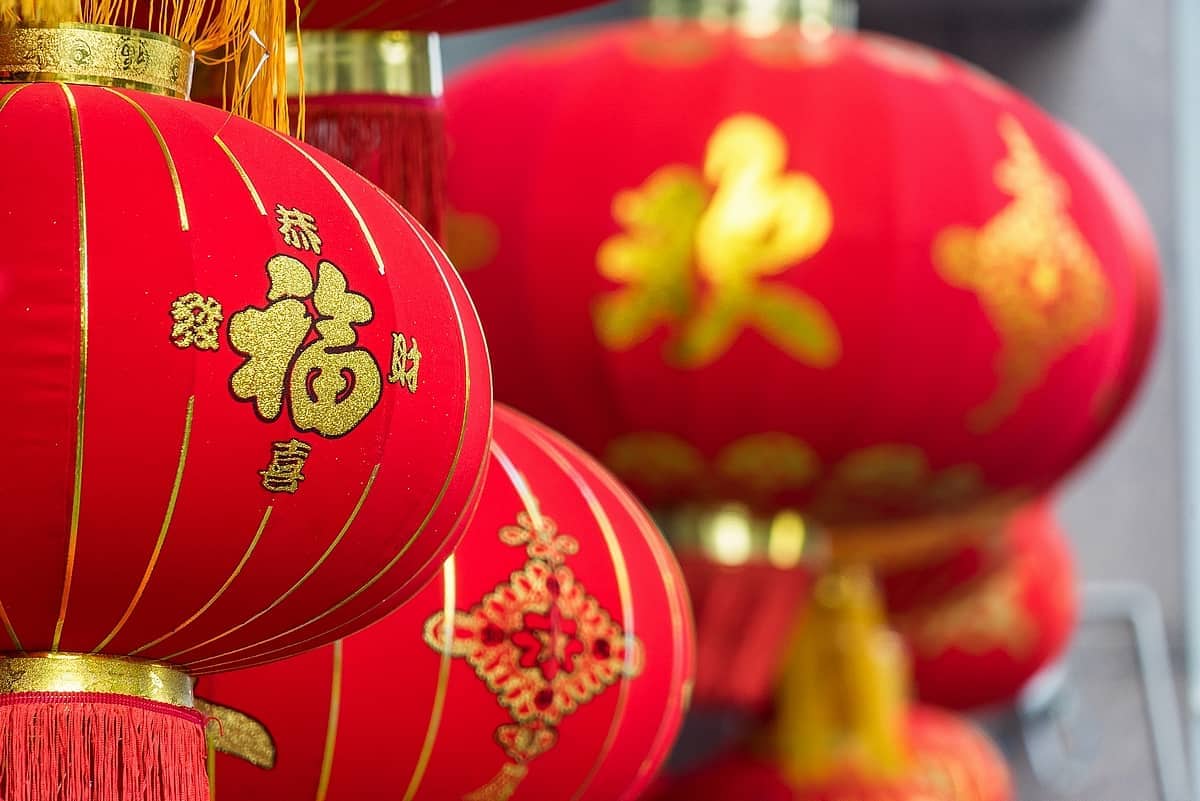 What changes for the export of Italian wines to China under the new regulations?
What changes for the export of Italian wines to China under the new regulations?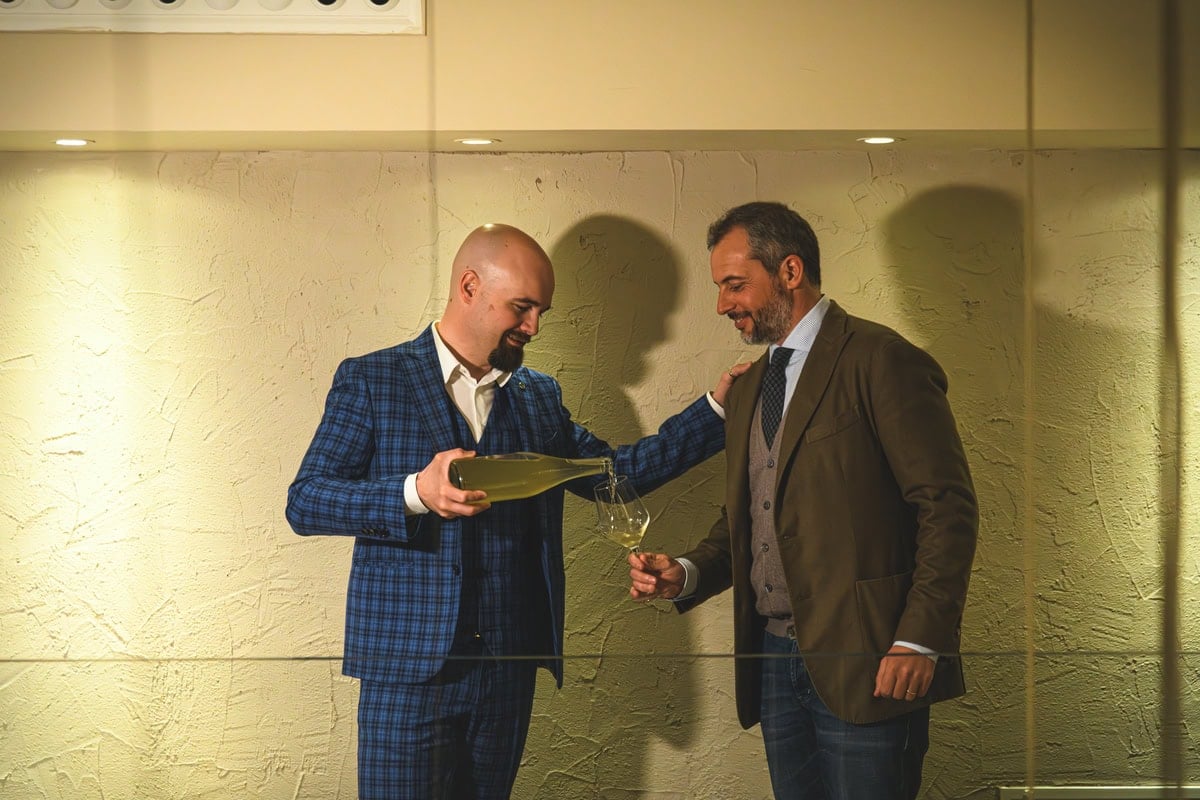 “Forget dealcoholised wines. The future is Komb(w)ine.” Moser and Ravizza present a new grape must-based product
“Forget dealcoholised wines. The future is Komb(w)ine.” Moser and Ravizza present a new grape must-based product